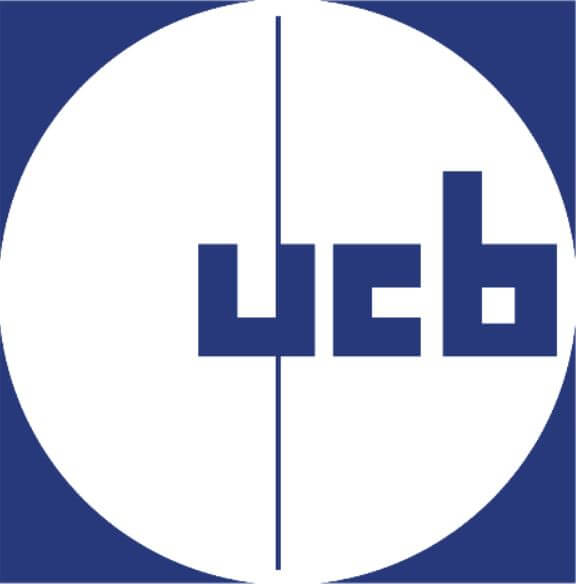On Oct. 18, pharmaceutical company UCB announced positive results in its phase 2 trial of rozanolixizumab (also known as UCB7665), a potential treatment for myasthenia gravis (MG). 
Rozanolixizumab, a subcutaneous FcRn (neonatal Fc receptor) monoclonal antibody, performed well in the study, achieving proof-of-concept, improvement in multiple disease-related endpoints and a satisfactory safety profile.
The randomized, placebo-controlled, proof-of-concept study enrolled 43 patients living with MG and evaluated patients who received the drug vs. placebo based on the following pre-specified disease-related endpoints: Quantitative Myasthenia Gravis (QMG) score, Myasthenia Gravis Composite (MGC) responder rate and Myasthenia Gravis-Activities of Daily Living (MG-ADL) score. Recipients of rozanolixizumab saw improvements in both qualitative outcomes and biomarkers.
As a result of the encouraging trial results, UCB will be initiating a confirmatory study in 2019.
To learn more about this Phase 2 trial of rozanolixizumab, read UCB’s press release or visit the company’s website.
